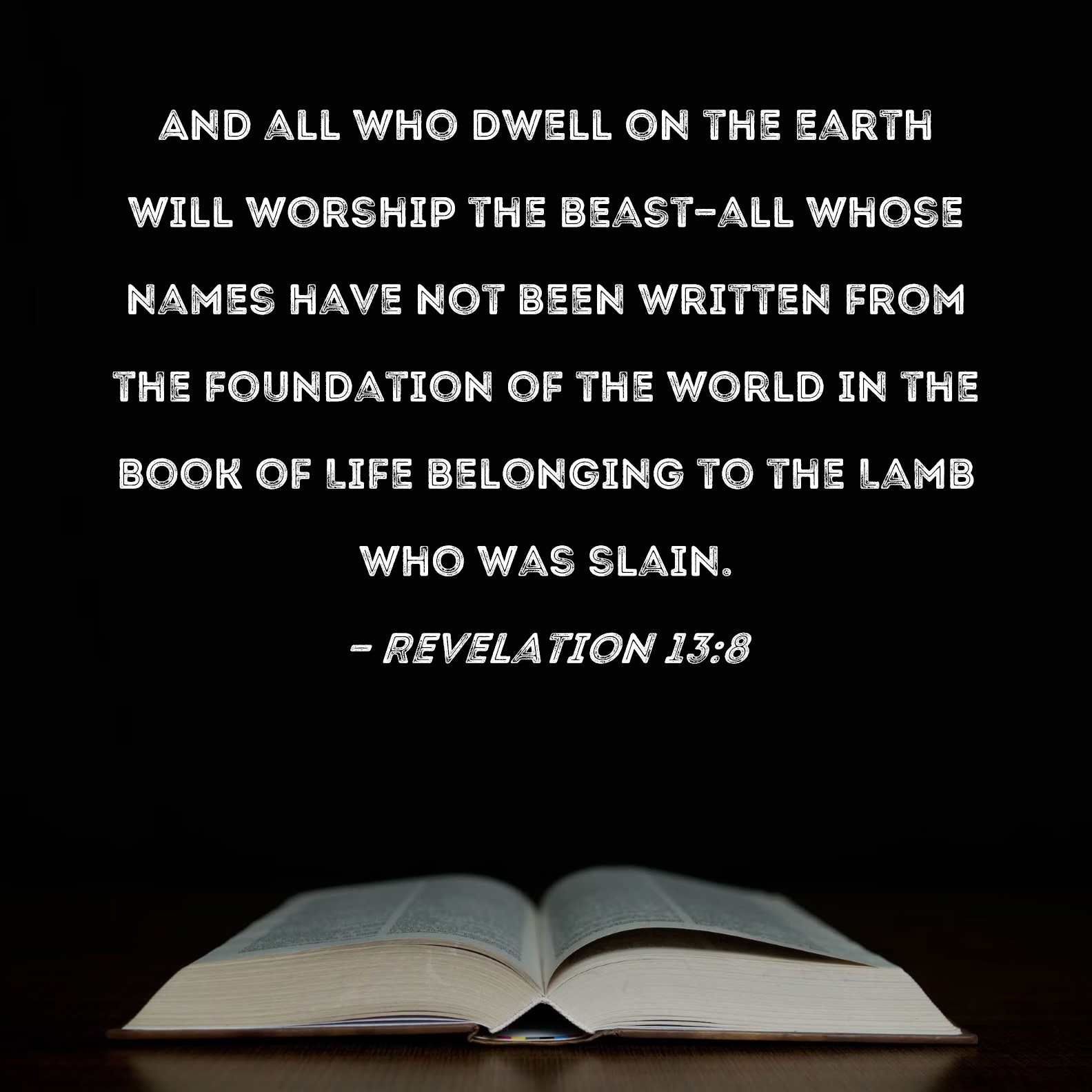Ehrman makes that claim because that’s what his YEC upbringing taught him, though Ehrman’s real claim boils down to the YEC point that if there are any scientific/historical errors in the Bible then the whole thing is false. In short, Ehrman is the logical result of YEC thinking.
I like how John Lennox describes the difference, using the illustration of leaving twenty dollars in a motel room drawer, then returning to find that there’s only five dollars in the drawer: one should not, he points out, conclude that the laws of mathematics have been broken, but rather the laws of the country!
But the YEC approach is to measure the scriptures by science because they insist that science is the final measure of truth every time they insist the scriptures have to be scientifically accurate!
Forget about science except to answer this question: where in the scriptures is the idea even hinted at that the scriptures must conform to science? Because if the scriptures don’t tell us that, then the entire YEC enterprise is idolatry because it insists that truth has to be scientific!
The thing is, Adam, that you’re the only one saying that, and you continue to do so even after having been shown that no one is making that claim.
So? Ancient commentators said that the Lord measured by divine days while we measure by human days.
And just BTW, “rested” for God doesn’t mean to recover from work and regain energy. To “rest” means to enjoy the proper working of what has been accomplished – and it doesn’t exclude work, since as Jesus told us the Father has continued working.
This is conflating two different things. The Sabbath and Christ’s rest are not the same thing: the Sabbath points us towards Christ’s rest, not the other way around.
This has been addressed at least three times that I can recall – yet you keep throwing it out as though no one had answered you at all.
The frightening thing to me is that having questions answered multiple times yet never remembering that answers were given is a core element of conspiracy theory thinking; it allows adhering to a belief without having to actually defend it by ignoring not just challenges but contradictions! By believing that others have refused to answer, ideas can be held as though they are unchallenged.
This is why I keep trying to point you back to the scriptures and stop using science as a measure of things. When you open Genesis, forget science and any other measure of truth invented since Newton and instead ask what the scriptures’ definitions of truth are – a question that can’t be answered unless you first recognize that all the scriptures are ancient literature, written in ancient languages using ancient worldviews. Reading that ancient literature as though it was written in the twentieth century as reports of things observed throws out a huge portion of the messages the writers were trying to convey – in fact reading any of it as though it is addressed to you is a massive mistake because in reality when we open the pages of the Bible we are, and must remember that we are, reading other people’s mail.
